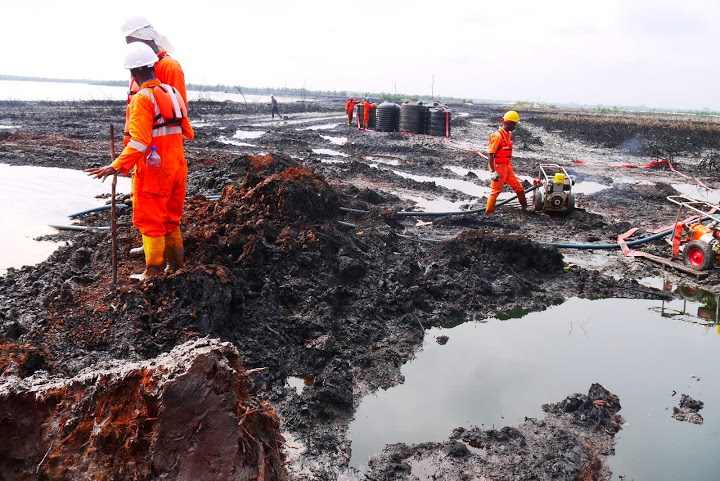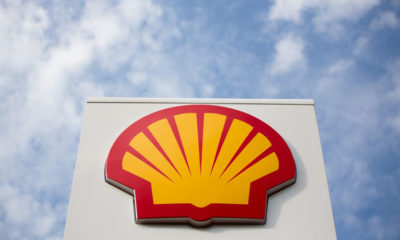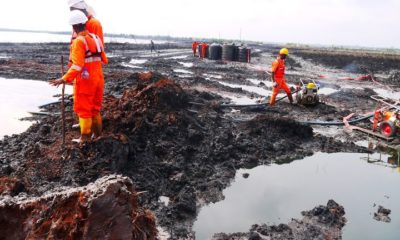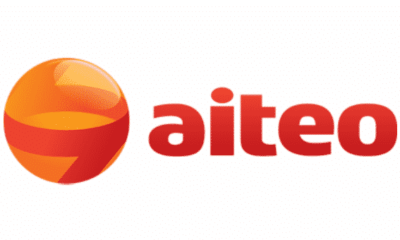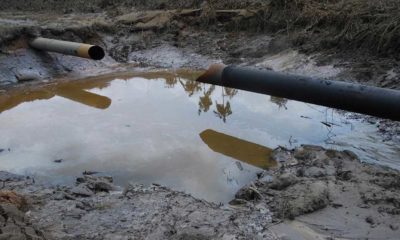Nigeria suffered a substantial loss of approximately N335 million due to oil spills that occurred between January and August 2023, the National Oil Spill Detection and Response Agency (NOSDRA) stated.
During this eight-month period, NOSDRA documented a total of 168 oil spill incidents involving various oil companies operating in the country. These incidents collectively resulted in the loss of 5,520 barrels of crude oil.
Calculating the financial impact, considering an average crude oil price of $82 per barrel and using the Central Bank of Nigeria’s exchange rate of N740/$1, the estimated loss incurred by the nation due to these oil spills amounts to N335 million.
NOSDRA’s report highlighted that the oil spill incidents were distributed across facilities operated by 23 different oil firms. Among these companies, Shell Petroleum Development Company accounted for the highest spill volume, with 4,340 barrels of crude oil spilled in 43 separate incidents, representing 78.62% of the total crude oil spilled during this period.
Following closely, Heritage Energy Operational Service Limited recorded 323.20 barrels spilled in 24 incidents, while Nigerian Agip Oil Company experienced 248.86 barrels spilled in 38 incidents.
Heirs Holding Oil and Gas Limited, Seplat Petroleum Development Company, National Petroleum Development Company, and Enageed Resources Limited also reported varying spill volumes in multiple incidents.
Rivers State bore the brunt of these oil spill incidents, with 2,780 barrels of crude oil spilled in 67 separate incidents. Delta State followed closely with 2,623 barrels of crude oil spilled in 76 incidents.
Also, Edo, Imo, Bayelsa, and Akwa Ibom reported spill volumes of 70.04 barrels, 22.30 barrels, 18.39 barrels, and 1.06 barrels, respectively.
NOSDRA’s findings revealed that the majority of these spill incidents were associated with crude oil pipelines, accounting for 3,113 barrels of crude oil spilled in 114 incidents.
In eight separate incidents, 1,951 barrels of crude oil were spilled from wellheads. Spills from flow lines, flow stations, and trunk lines amounted to 117.7 barrels, 110.03 barrels, and 106.13 barrels, respectively.
Furthermore, NOSDRA reported that a staggering 92.78% of the oil spills in this eight-month period, equivalent to 5,122 barrels of crude oil, resulted from theft and sabotage. An additional 228.22 barrels of crude oil were spilled in 16 incidents due to corrosion.
The report also highlighted the environmental impact, noting that 2,402 barrels of crude oil were spilled on land, 2,378 barrels were spilled in swampy terrain, and 525.01 barrels were spilled in seasonal swampy terrain.
These persistent oil spill incidents have had a devastating economic impact on Nigeria, resulting in the loss of billions of dollars in revenue for the country.
It underscores the urgent need for improved measures to prevent and address such incidents to protect both the environment and the nation’s economy.

 Forex3 weeks ago
Forex3 weeks ago
 Naira3 weeks ago
Naira3 weeks ago
 Billionaire Watch3 weeks ago
Billionaire Watch3 weeks ago



 Naira3 weeks ago
Naira3 weeks ago






 Naira3 weeks ago
Naira3 weeks ago




 Naira2 weeks ago
Naira2 weeks ago






 Naira2 weeks ago
Naira2 weeks ago




 Naira4 weeks ago
Naira4 weeks ago
